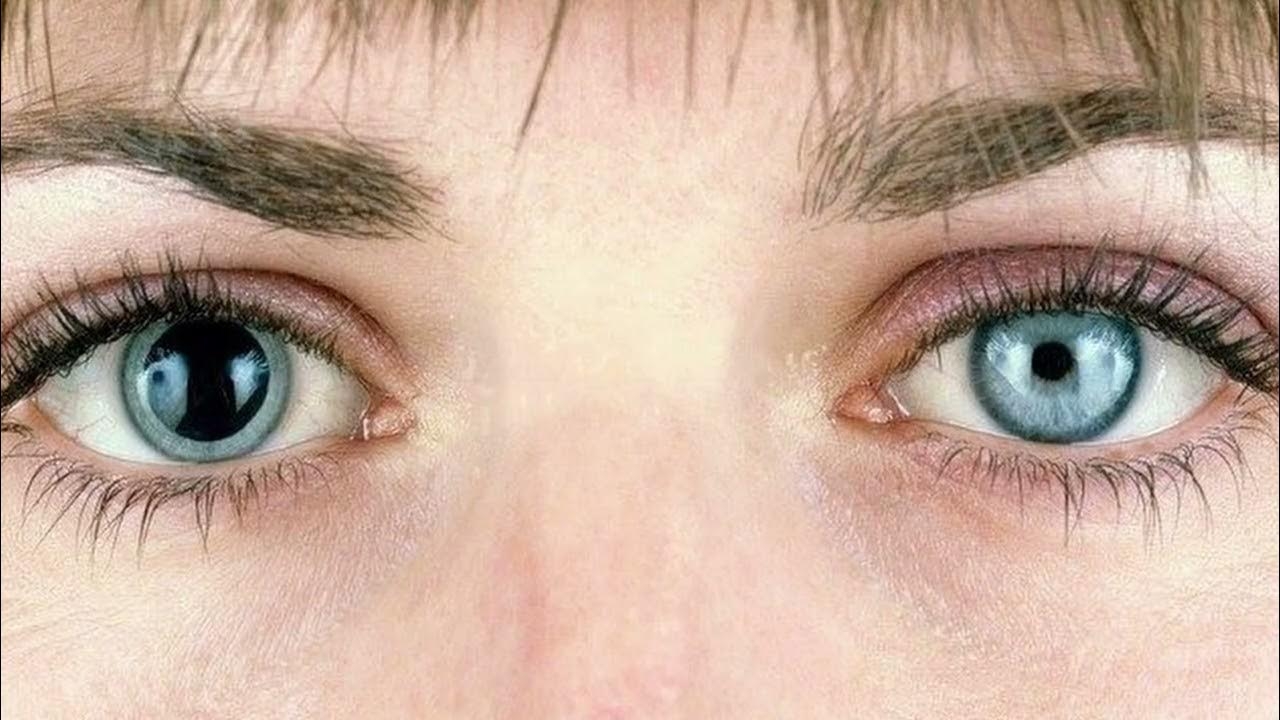Small Pupils: Is It Something to Worry About?

Seeing changes in your eyes can be unsettling. If you’ve noticed small pupils, you might wonder if it’s a sign of something serious. This article explores when small pupils are normal and when they might be a concern. While some causes are harmless, others may indicate underlying health conditions that need attention.
Normal Situations for Small Pupils
Small pupils are not always a cause for alarm. In bright settings, your pupils naturally contract to prevent too much light from entering. This is a healthy and automatic response. People who spend a lot of time in well-lit environments may frequently notice small pupils without any related health concerns. This natural reflex helps protect the retina and improve visual focus in strong lighting.
Medications Can Influence Pupil Size
Many prescription and over-the-counter drugs can cause small pupils. Pain relievers, sleep aids, and certain antidepressants can all lead to temporary pupil constriction. Muscle relaxants and medications that affect the parasympathetic nervous system can also play a role. Eye drops used during eye exams or to treat certain conditions may intentionally reduce pupil size. Always consult a doctor before stopping any prescribed medication if you notice changes in your pupils.
When to Be Concerned
Persistent small pupils, especially if they are not reactive to light or occur unevenly between the eyes, may indicate a medical issue. If you experience headaches, dizziness, vision problems, or confusion along with the pupil change, it's time to consult a healthcare professional. Small pupils combined with symptoms like nausea or vomiting may point toward increased pressure in the brain or other serious issues.
Possible Underlying Conditions
Small pupils may result from neurological conditions. Brain injuries, strokes, or diseases like Horner’s syndrome can disrupt the nerves controlling pupil size. These conditions often include other warning signs, such as facial weakness or a drooping eyelid. Sometimes, a tumor or brain aneurysm may exert pressure on the nerves that affect pupil function. Diagnostic imaging and neurological exams are often necessary in such cases.
Long-Term Effects and Management
If small pupils are caused by a long-term health condition, ongoing monitoring and treatment are essential. For example, those taking medications for chronic pain may regularly experience this symptom. Managing dosage and understanding side effects can help minimize discomfort. Eye protection such as sunglasses may help with light sensitivity caused by constricted pupils. Lifestyle adjustments, like avoiding overly bright environments, may also help.
Impact on Daily Life
Though small pupils may not directly affect your vision, they can lead to increased sensitivity to light, difficulty seeing in the dark, and trouble adjusting to different lighting. These symptoms may affect driving, reading, or working in various environments. If the condition is linked to a medical issue, managing that root cause can help ease these day-to-day challenges.
Final Thoughts
While small pupils are often harmless, it's essential to stay alert to other symptoms. Regular eye check-ups can help monitor eye health and detect issues before they worsen. Small pupils are not always something to worry about, but staying informed helps you make better decisions. Don’t hesitate to seek medical advice if you notice any changes that feel unusual or persistent.
- Questions and Answers
- Opinion
- Motivational and Inspiring Story
- Technology
- Live and Let live
- Focus
- Geopolitics
- Military-Arms/Equipment
- Security
- Economy
- Beasts of Nations
- Machine Tools-The “Mother Industry”
- Art
- Causes
- Crafts
- Dance
- Drinks
- Film/Movie
- Fitness
- Food
- Games
- Gardening
- Health
- Home
- Literature
- Music
- Networking
- Other
- Party
- Religion
- Shopping
- Sports
- Theater
- Health and Wellness
- News
- Culture

